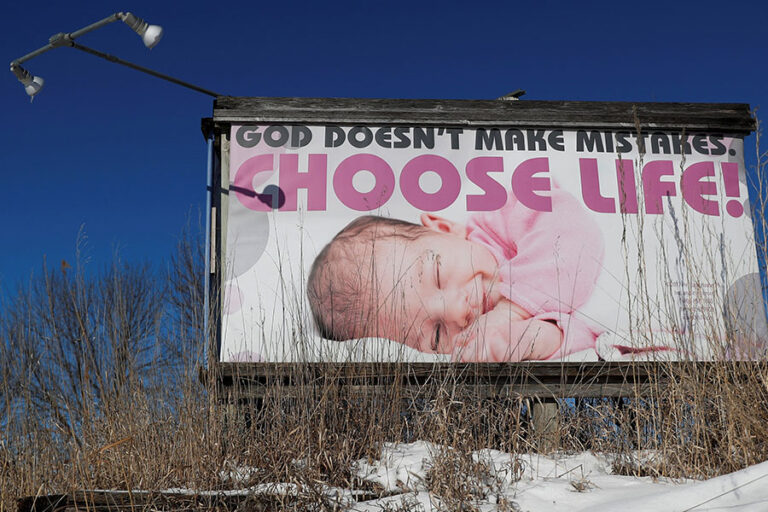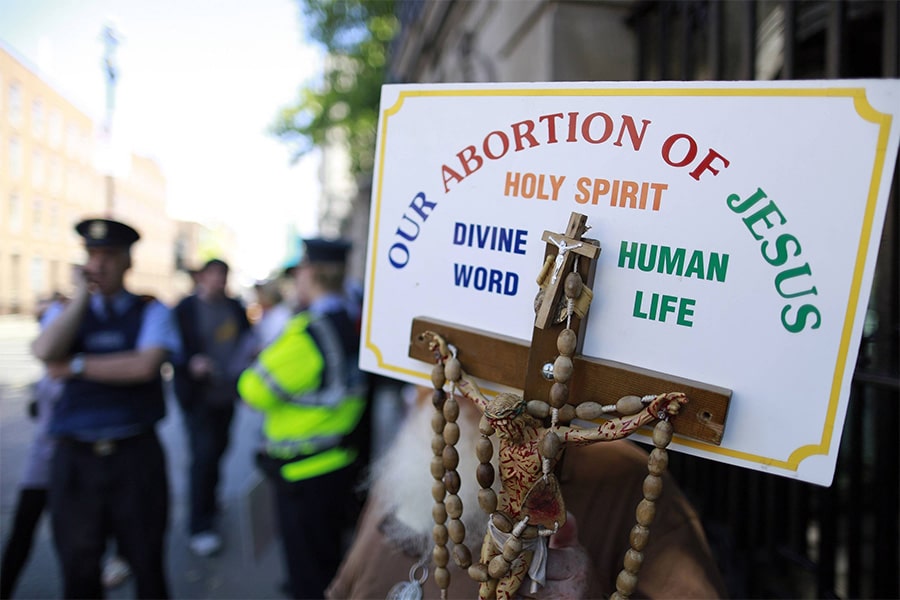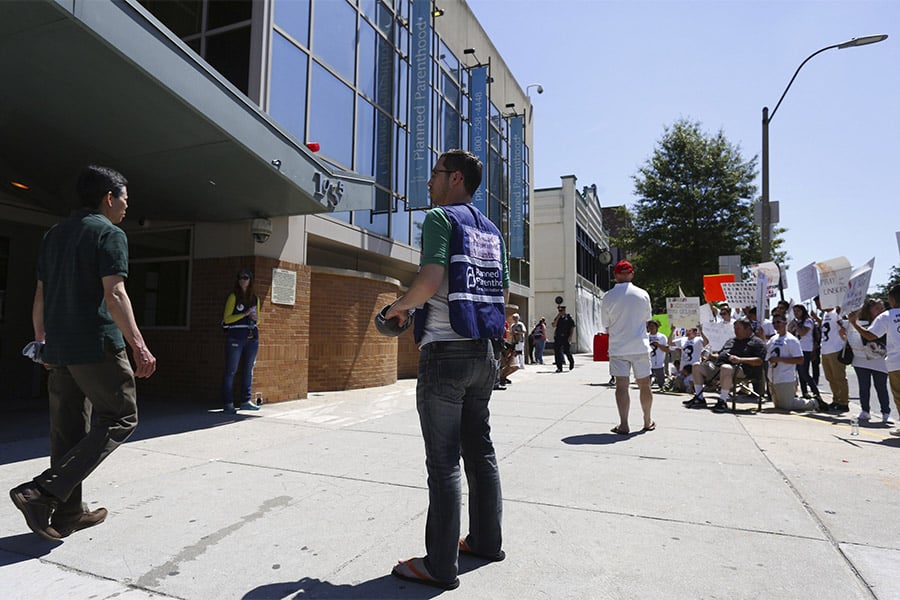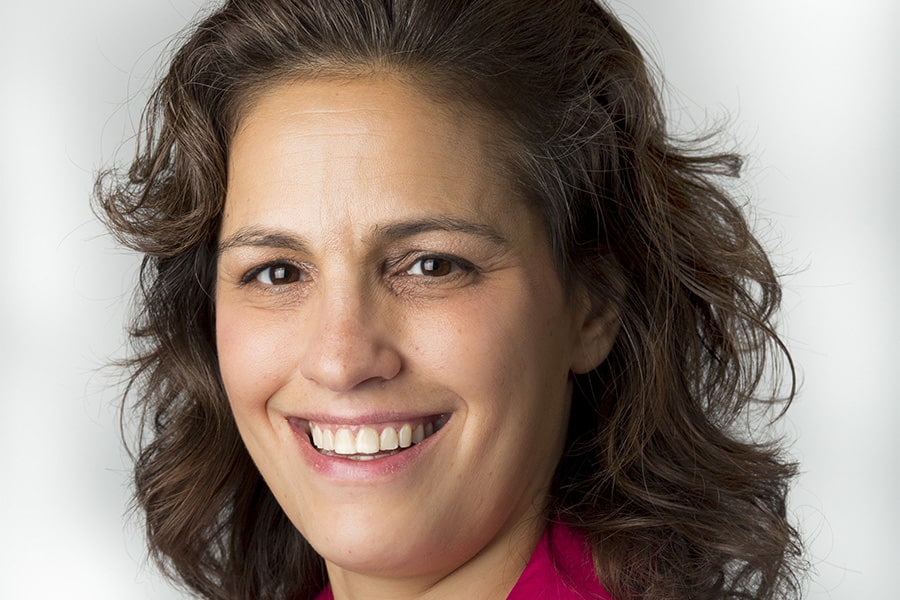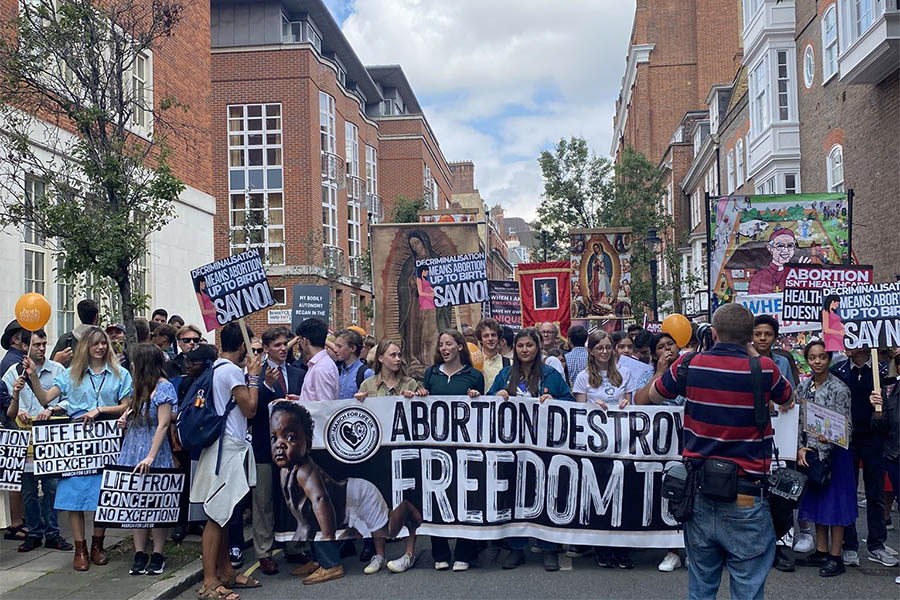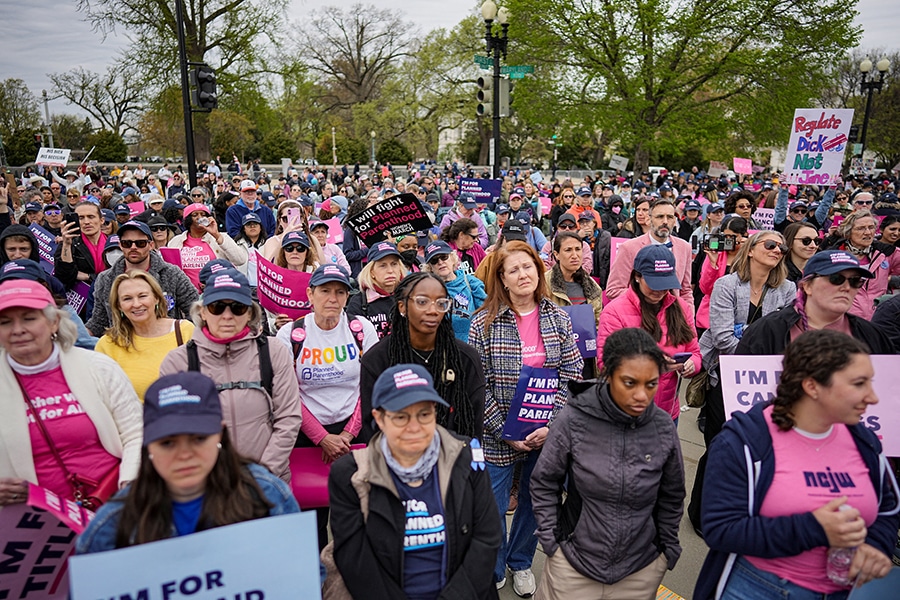The Alabama Supreme Court’s recent in vitro fertilization ruling is placing a new spotlight on personhood legislation, or legislation that recognizes the unborn child as having the legal rights and protections of a person, experts acknowledge.
“Some states have passed restrictions on abortion from conception, and many states treat the unborn child as a person in certain limited contexts, such as criminal homicide statutes, wrongful death statutes, or laws relating to gifts, trusts and estates,” Elizabeth Kirk, co-director of the Center for Law and the Human Person and assistant professor of law at The Catholic University of America Columbus School of Law in Washington, told OSV News about the legal landscape.
The Alabama ruling, which recognized frozen embryos as children, she added, “has raised the question of whether any of these laws protecting unborn children might also be interpreted to apply to cryopreserved embryos, especially if the statutory language isn’t precise.”
Kirk, together with other experts in law or bioethics, spoke with OSV News after the Iowa Senate shelved a bill in March that would have made it a felony to “cause the death” of an “unborn person.” Republican Sen. Brad Zaun, chair of the Judiciary Committee, did not advance the bill due to concerns about the “unintended consequences” for IVF, the AP reported.

Looking at all U.S. states, a Politico analysis earlier this year found that more than one third already “consider fetuses to be people at some point during pregnancy.” According to the Guttmacher Institute, a reproductive research association that supports abortion, as of March 15, 2024, states have introduced 23 pieces of legislation that ban abortion “by establishing fetal personhood.”
Kirk indicated that the Alabama IVF ruling is slowing movement on personhood legislation.
“While there seemed to be momentum post-Dobbs in some states to consider personhood laws, the Alabama ruling has caused many lawmakers to reconsider,” she said, referring to the Supreme Court’s June 2022 ruling Dobbs v. Jackson Women’s Health Organization, which overturned Roe v. Wade and returned abortion policy to the states.
“Right now, there seems to be very little political will to regulate IVF and other reproductive technologies in any meaningful way and, in fact, the backlash to the Alabama ruling has been to grant sweeping protections from civil and criminal liability to the IVF industry,” Kirk added. “The prevailing consensus, among both political parties, is that IVF is an unqualified good.”
At Americans United for Life, or AUL, a group dedicated to advancing the human right to life in culture, law and policy, litigation counsel Carolyn McDonnell saw personhood legislation surviving a national IVF pushback.
“Prenatal rights are already within our legal history and tradition,” she told OSV News, pointing to the law recognizing, among other things, prenatal injuries and fetal homicide. “And, from a biological perspective, it is indisputable that there’s a separate unique human being from the moment of conception.”
McDonnell challenged the possibility of personhood legislation specifying how it applies to IVF in the future.
“From a biological perspective, it doesn’t make sense because regardless of whether that child was created in the womb or in a petri dish, that is a biologically separate unique human being,” she said. “Then legally … it’s arbitrary to say that personhood exists at the moment of conception only if the child’s in the womb, versus if that child now lives and resides in a cryogenic nursery.”
She highlighted two model bills from AUL related to this issue, with one addressing the legal status of embryonic children and the second supporting informed consent for assisted reproductive technology, including IVF, she said.
Robert Vega, director of public policy for the Secretariat of Pro-Life Activities at the U.S. Conference of Catholic Bishops said that they are concerned the current IVF debate could impact pro-life legislation in general.
“While we certainly think it’s also important to defend life in the context of IVF as well, we would certainly recognize that the explosion of the issue after the Alabama State Supreme Court ruling, which we believe has been largely misunderstood, has nonetheless enhanced the already difficult partisan divide on life issues,” he said.
“I hope it would not hinder the ability to advance legislation that is pro-life in a broader sense of helping to support mothers and children such as by strengthening the child tax credit,” he added.
Catholic Church teaching opposes IVF and states that the embryo “must be treated from conception as a person.” In February, Bishop Michael F. Burbidge of Arlington, Virginia, who chairs the bishops’ Committee on Pro-Life Activities, and other bishops, told U.S. senators that the solution to infertility “can never be a medical process that involves the creation of countless preborn children and results in most of them being frozen or discarded and destroyed.”
At Catholic University, Kirk also addressed the gravity of IVF and how Catholics should approach the topic.
“The reality is that IVF involves many ethically fraught practices, including the creation of excess embryos who are destined for indefinite cryopreservation, experimentation, or destruction, eugenics practices to screen out undesirable traits or conditions, and ‘selective reduction’ (or abortion),” she said.
While the numbers vary, some estimates say more than 1.5 million embryos are frozen today.
“There are ethical and humane ways of addressing infertility that do not involve such reckless disregard for human life,” Kirk continued. “The Alabama decision should be the occasion for us to think more deeply about these ethical questions and to craft laws and policies to address them.”
From a bioethics perspective, John F. Brehany, executive vice president and director of institutional relations at the National Catholic Bioethics Center, discussed how Catholics should approach IVF and pro-life legislation.
“I think Catholics should approach the issue of IVF in the context of legislation otherwise recognizing the rights of the unborn child with prudence, sensitivity, yet — in the end — with the courage of our convictions,” he urged.
He highlighted exercising prudence for details of legislation and public-policy-making and sensitivity because many people support IVF with good motives.
“They want people, many times their own family members, to be able to have children (who are such a great good), especially when they are suffering from infertility,” Brehany explained. “People who have used IVF love their children and will react against anything that appears to question their legitimacy.”
Ultimately, he said, Catholics must face this with conviction and courage.
“The truth is that human embryos are human beings with human rights,” he said. “They can be killed just as deliberately as babies are in late-term abortions, albeit with less bloody means, and it is just as wrong. Human embryos are not the equivalent of chattel slaves — subject to the whims of their owners.”
He called on Catholics to serve as witnesses.
“With due regard to the issues of prudence and sensitivity noted above,” he said, “Catholics must more intentionally witness to the teachings of the church on the sanctity of human life and on the immorality of IVF or any other practice that attempts to procreate human beings outside of marriage and marital love.”
Read More Respect Life
Copyright © 2024 OSV News

